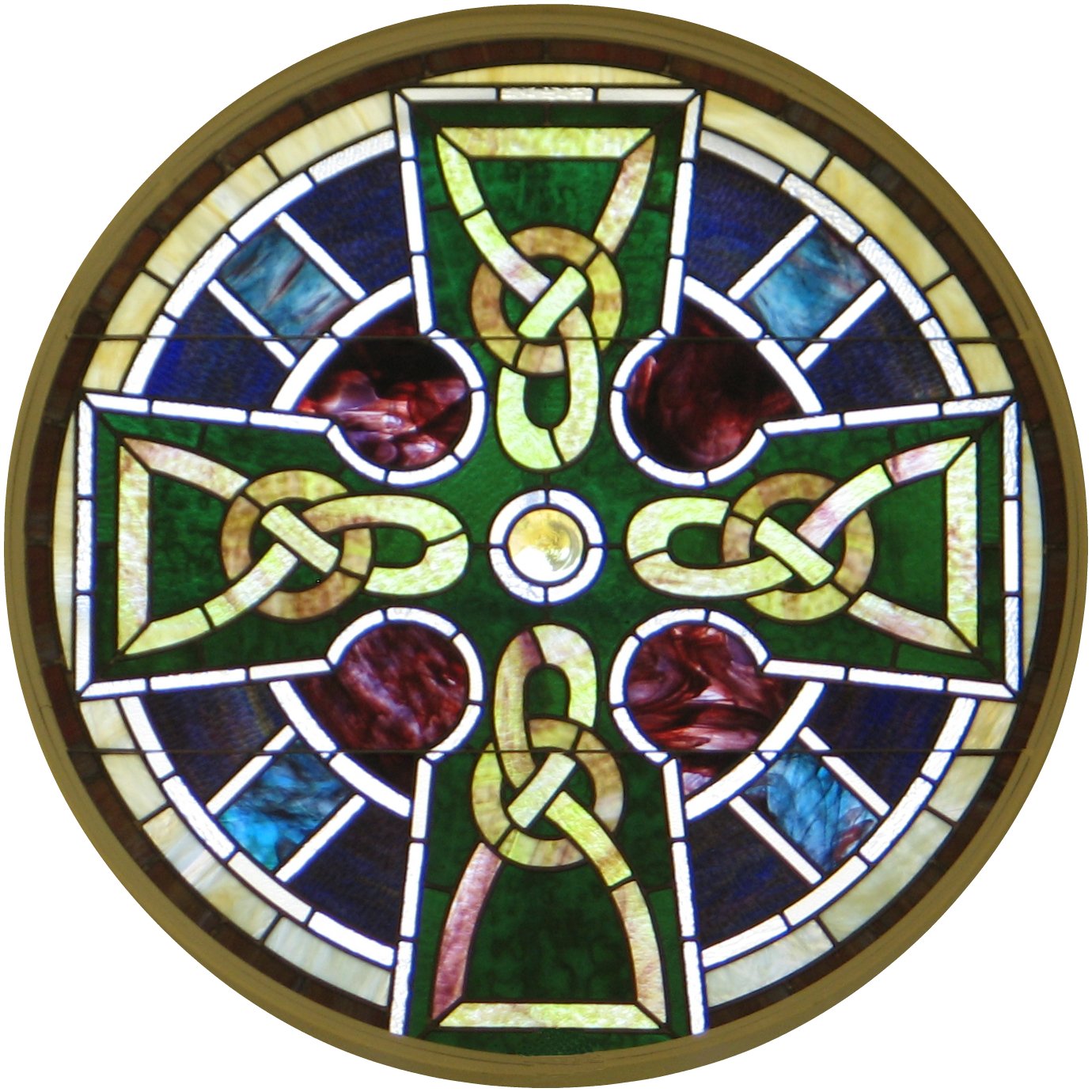Study questions can be found below.
1st set
The stories of the Bible go for a kind of honesty that we do not often see in historical accounts.
The mothers and fathers of our faith grappled with personal flaws and inner darkness that we often forget about.
What is the price we pay when we gloss over their personal and historical struggles?
How can we see ourselves as living through a history much like theirs?
How can we be as honest as the Bible about our social location and personal flaws?
What do you do when you are faced with a troubling truth about yourself, your community, your nation or human nature?
How can you use this troubling truth to draw closer to the God who knows and loves you?
2nd set
When have you seen Christian values exhibited more by people who are not Christian?
What do you think Mahatma Gandhi meant in his interview with Dr. J.H. Holmes when he said "I like your Christ, but not your Christianity.”?
How do you limit the action of God outside Christianity?
What benefit do you see in limiting God to Christian beliefs, doctrines, and believers?
3rd set
How can you take the story of Ruth personally, for your life and for the world in which we live? Where in your life has one loss or trouble followed another? That is the place where the Spirit is walking with you through dark. Where are your creative ideas coming from? Where is your heart opening in compassion regardless of what the law books say? Regardless of what your tradition has said, where is your caring heart insisting on the power of God’s love in the face of indifference, despair and division? The Holy Spirit is breathing into this hope and pain with you. Stay with it. Where are you the one who is the outcast? The illegal one the disapproved of one? The Spirit is with you there, as you struggle to find a way forward, the Spirit is there at your back. As close as your breath. The Spirit is here.

